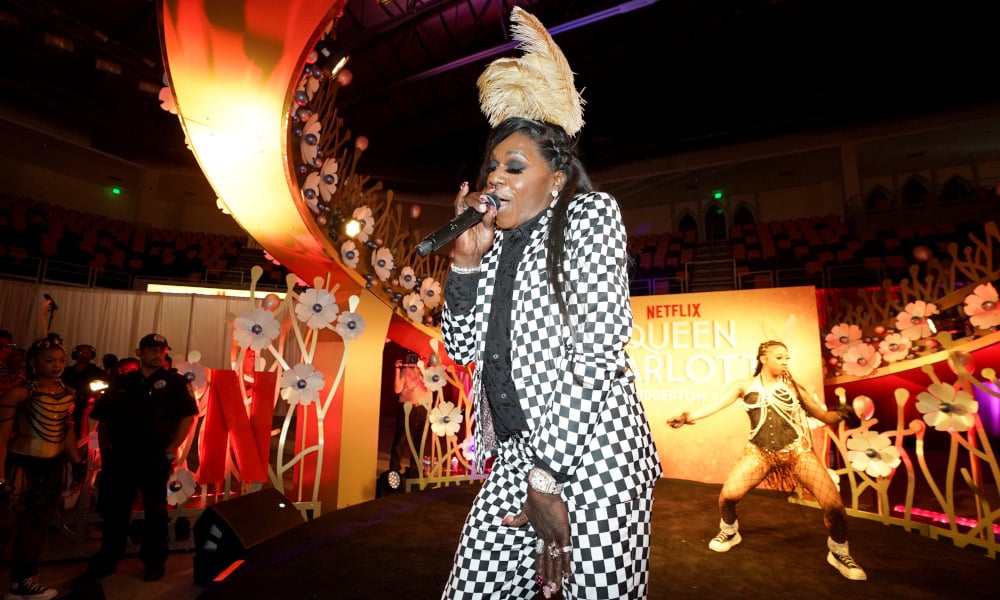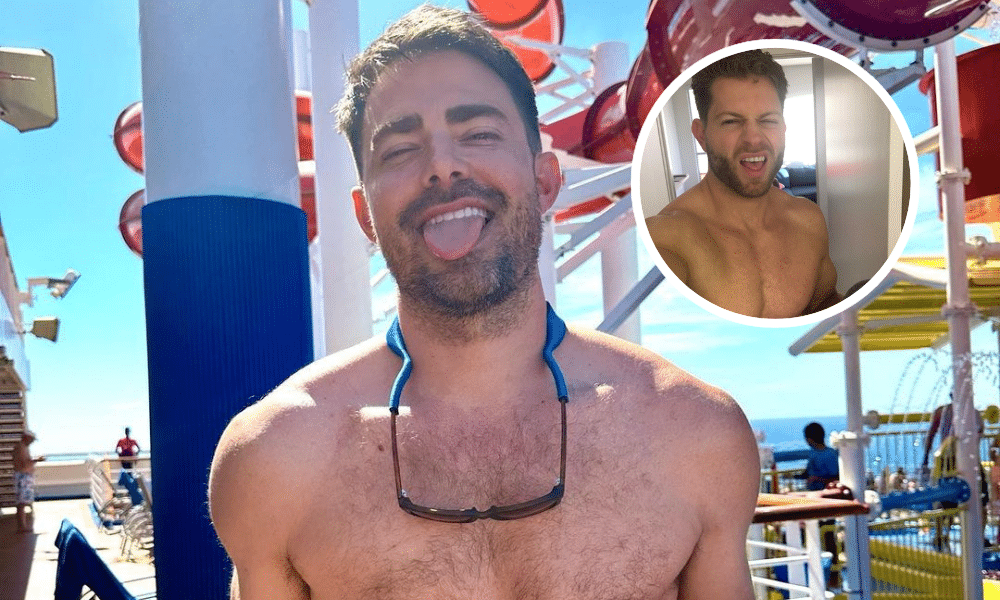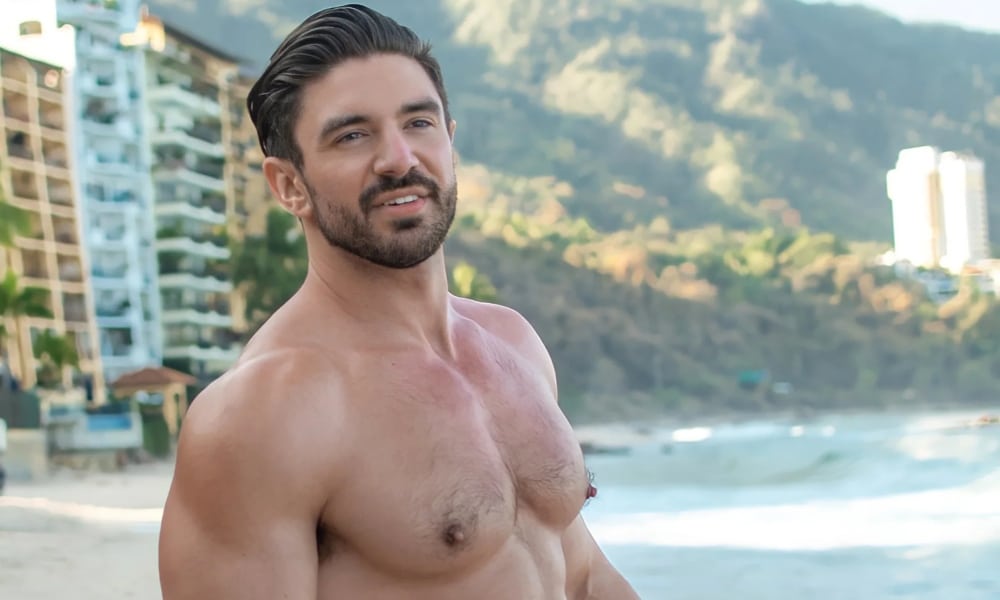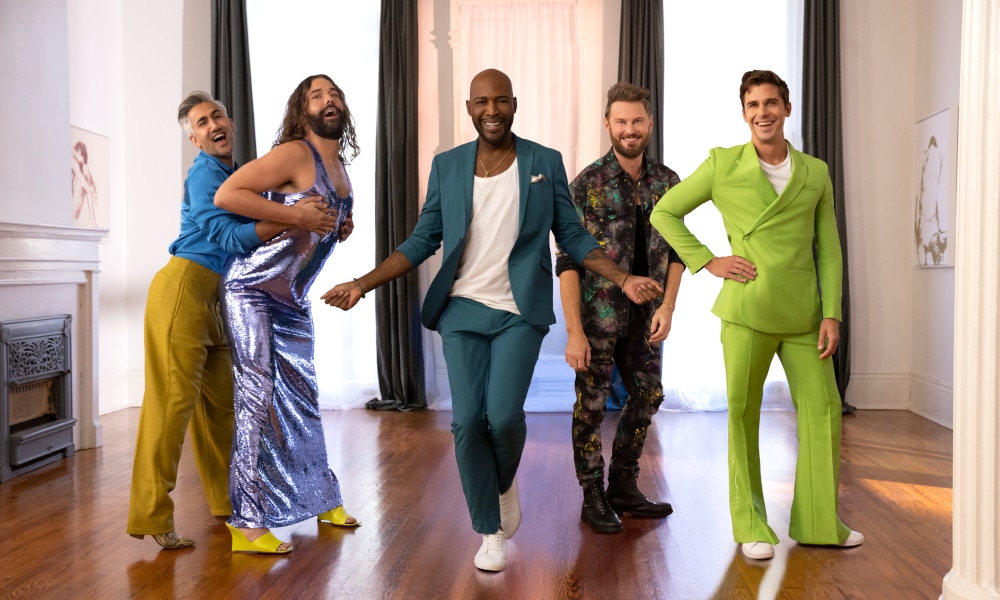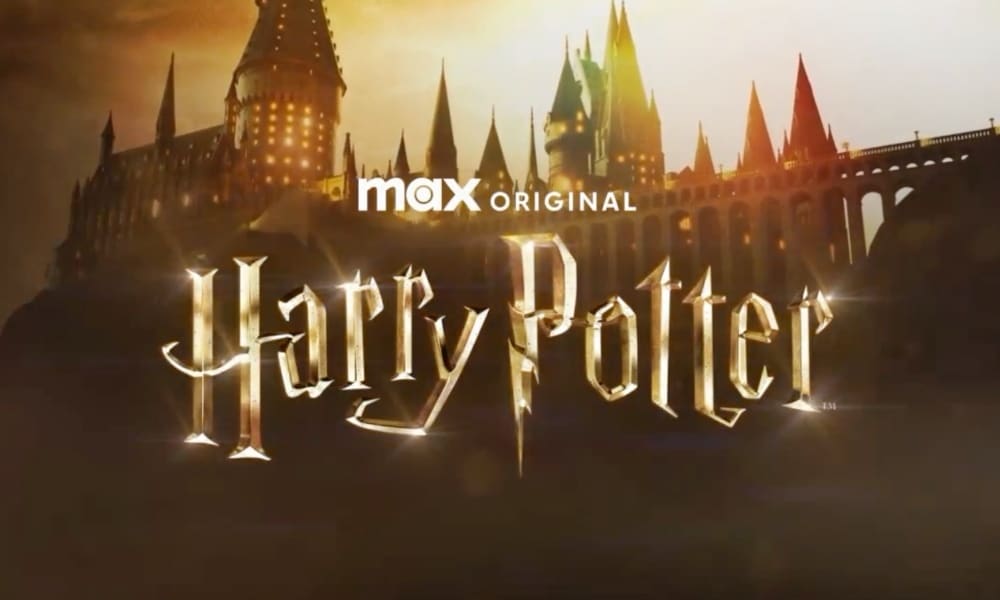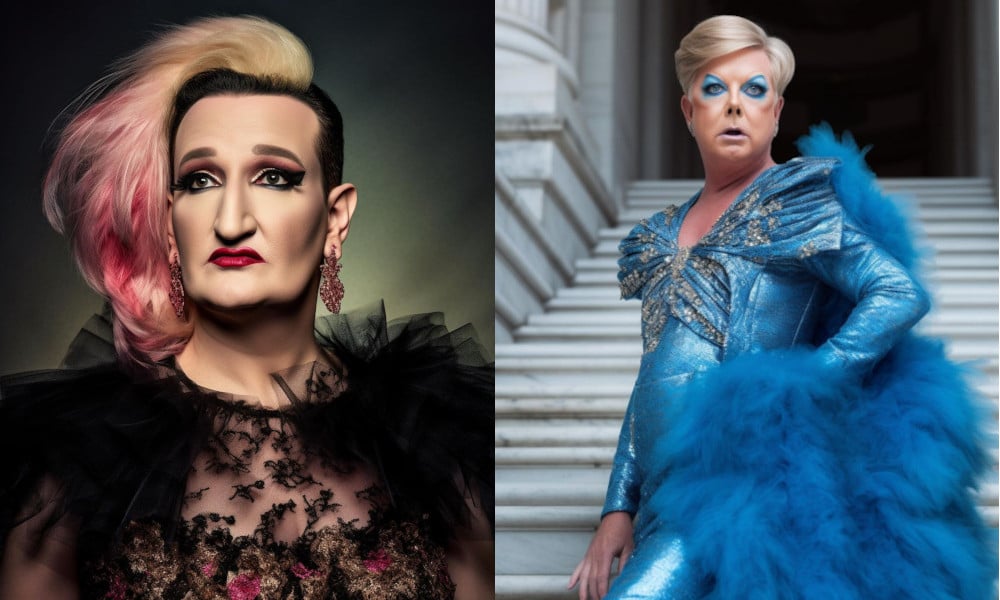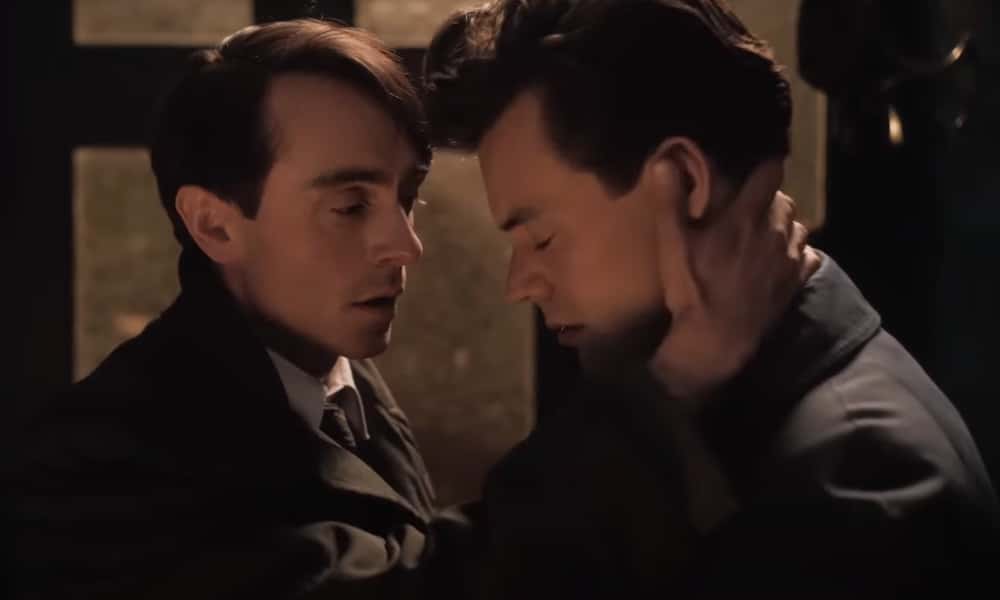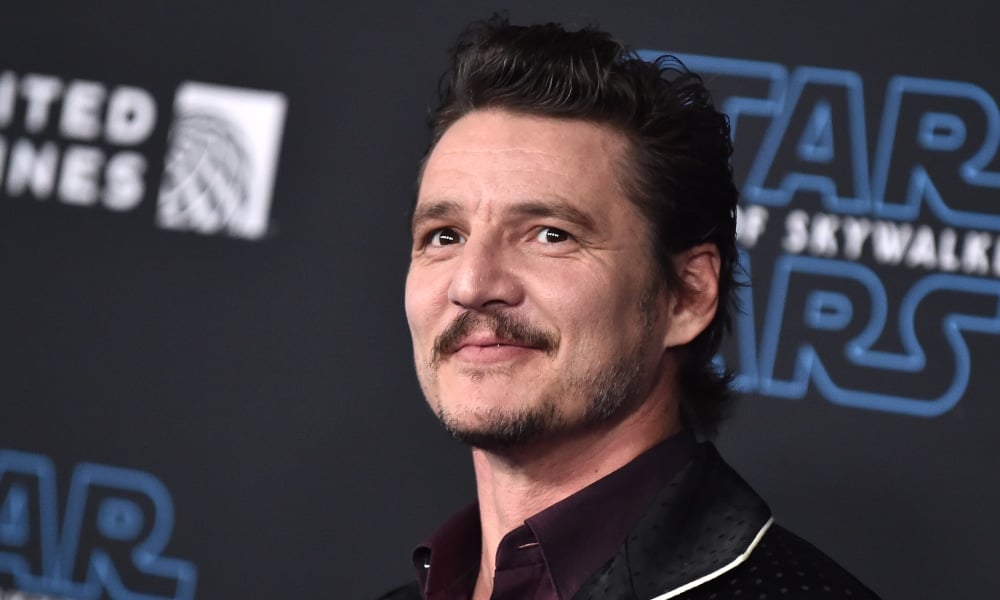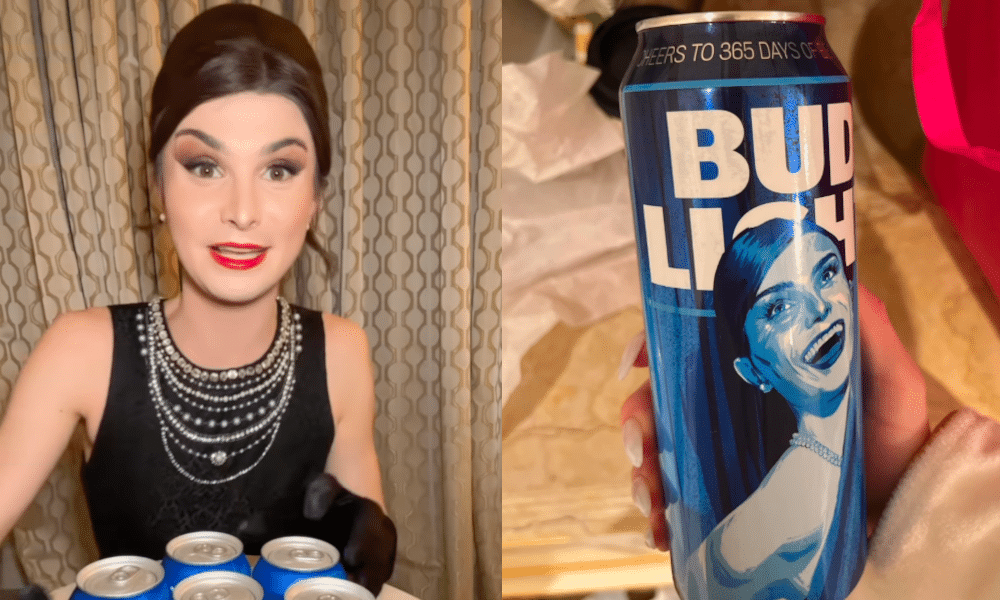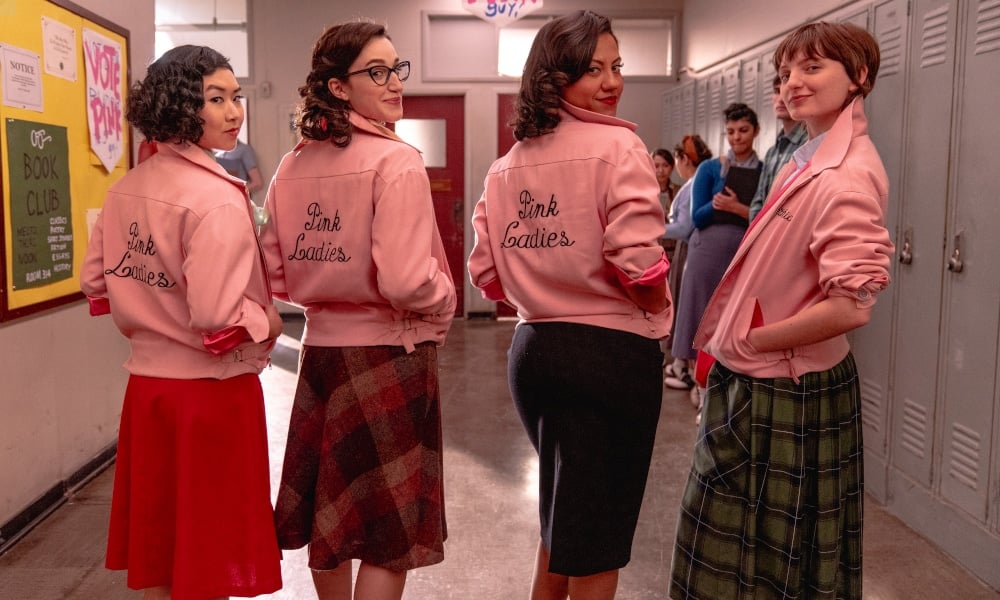Ahead of the release of Shondaland’s highly anticipated prequel series, Queen Charlotte: A Bridgerton Story, Netflix hosted a bouncing ball in New Orleans, Louisiana with queer recording artist Big Freedia.
Jonathan Bennett Shares Thirst-Trap Photos That Sparked His Romance
Jonathan Bennett shares the captivating photos that started it all with his husband, Jaymes Vaughan.
Steve Grand Turns Heads with Revealing Selfie Promoting Grand Axis Underwear
Steve Grand turns heads in a lavender bikini.
Find Out When ‘Queer Eye’ Season 7 Will Hit Netflix
Queer Eye season seven is coming to Netflix next month!
New ‘Harry Potter’ Series Adaptation Coming to HBO Max
A new Harry Potter series is coming to HBO Max and Discovery+’s new streaming service.
See: AI Turn These Anti-LGBTQ Politicians Into Drag Queens
Prominent leaders of the Republican party are being yassified into fabulous drag queens thanks to AI technology.
Harry Styles’ Same-Sex Kiss Nominated for MTV Award
Harry Styles could be on his way to the Make-out Hall of Fame!
Pedro Pascal Talks Upcoming Gay Western: ‘Strange Way of Life’
Pedro Pascal’s next role could be his best one yet.
Bud Light Stands By Partnership With Dylan Mulvaney Amidst Controversy
Beer conglomerate Anheuser-Busch is under fire for collaborating with TikToker Dylan Mulvaney to promote their March Madness contest.
‘Grease: Rise of the Pink Ladies’ Brings a Classic to a New Generation
The Pink Ladies are back in the prequel series Grease: Rise of the Pink Ladies, coming to Paramount+.



